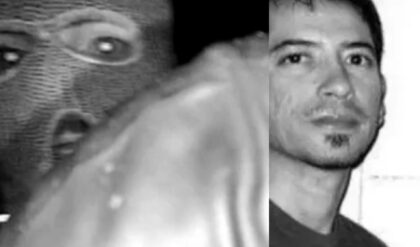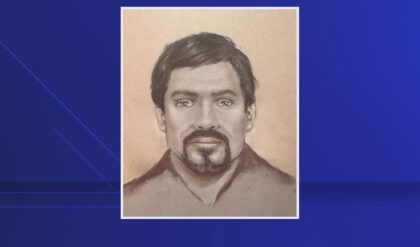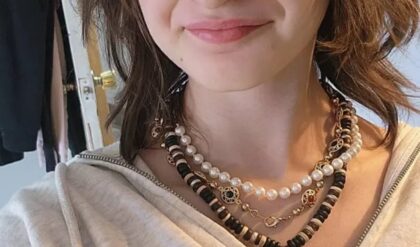Though the seasons vary in quality, True Detective has remained one of the most intriguing and challenging shows of the last decade.
The series repurposed the crime anthology format to new effect, using self-contained stories and new casts to approach the same themes and moral issues from different directions. The first season, in particular, was brilliant at this, setting a high bar that subsequent seasons haven’t been able to reach. Perhaps no other crime show has either.
True Detective breaks from procedural conventions with its alternating timelines and unreliable narration. By adopting these techniques to serve a more novelistic storytelling style, the series achieves greater depth. A key element to this success is the writing. The dialogue is frequently memorable, walking a fine line between naturalistic and lyrical. The show’s best lines tend to be dark: grim pronouncements about human nature or revelations of a character’s frailty. These are the finest of them, ranked.
10“I used to want to be an astronaut, but astronauts don’t even go to the moon anymore.” – Ray Velcoro
Season 2, Episode 1
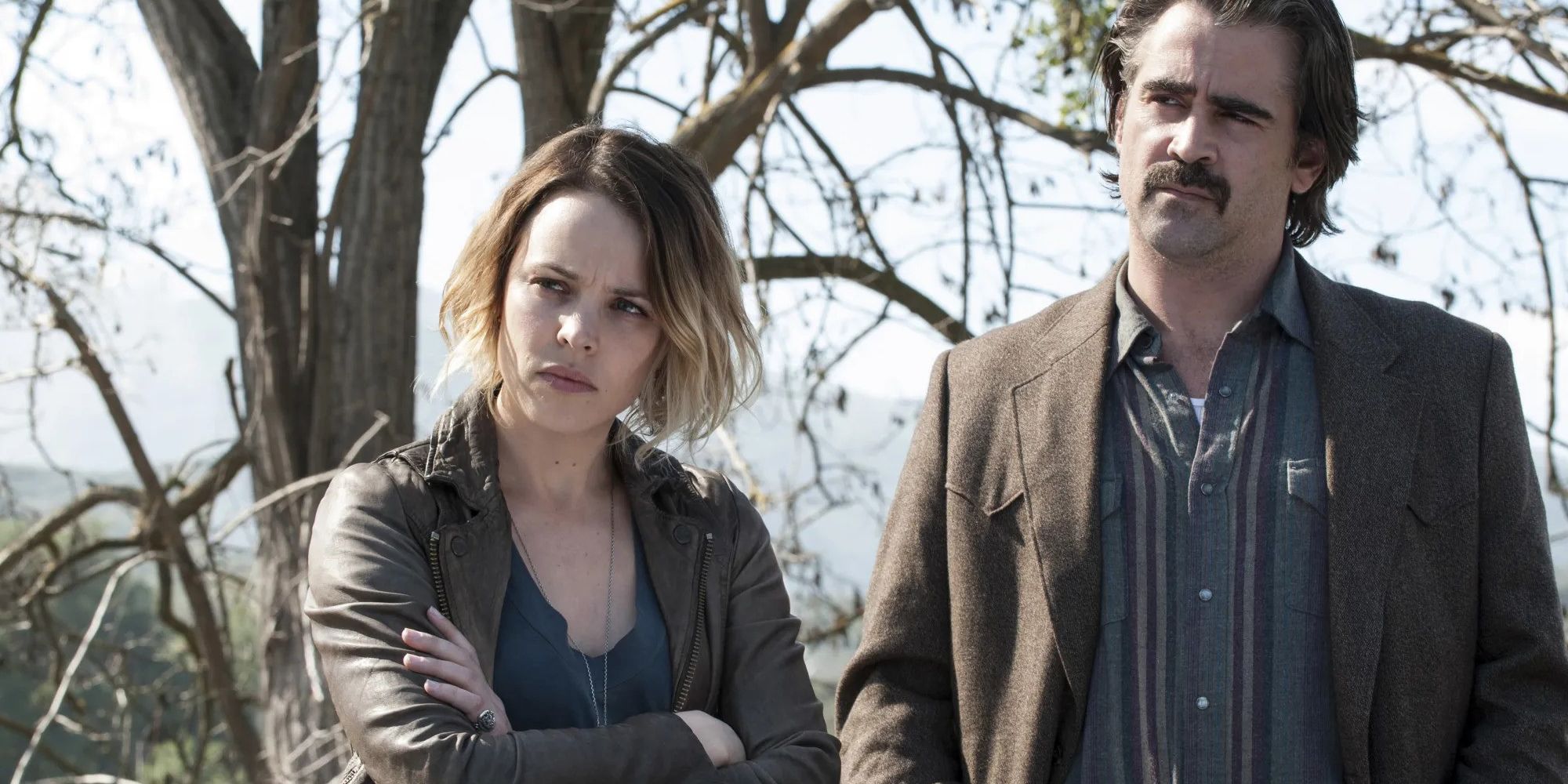
Some of the writing in Season 2 is a little too self-indulgent, straining for the profundity of the first season, but Velcoro still has a ton of terrific dialogue. This line, in particular, is great because it reveals how disillusioned Velcoro has become. As a kid, he believed in something, but now that’s gone. Astronauts no longer go to the moon, just as he now thinks that cops don’t actually do good. He has lost his way and the old sources of meaning in his life have collapsed.
9“The world needs bad men. We keep the other bad men from the door.” – Rust Cohle
Season 1, Episode 3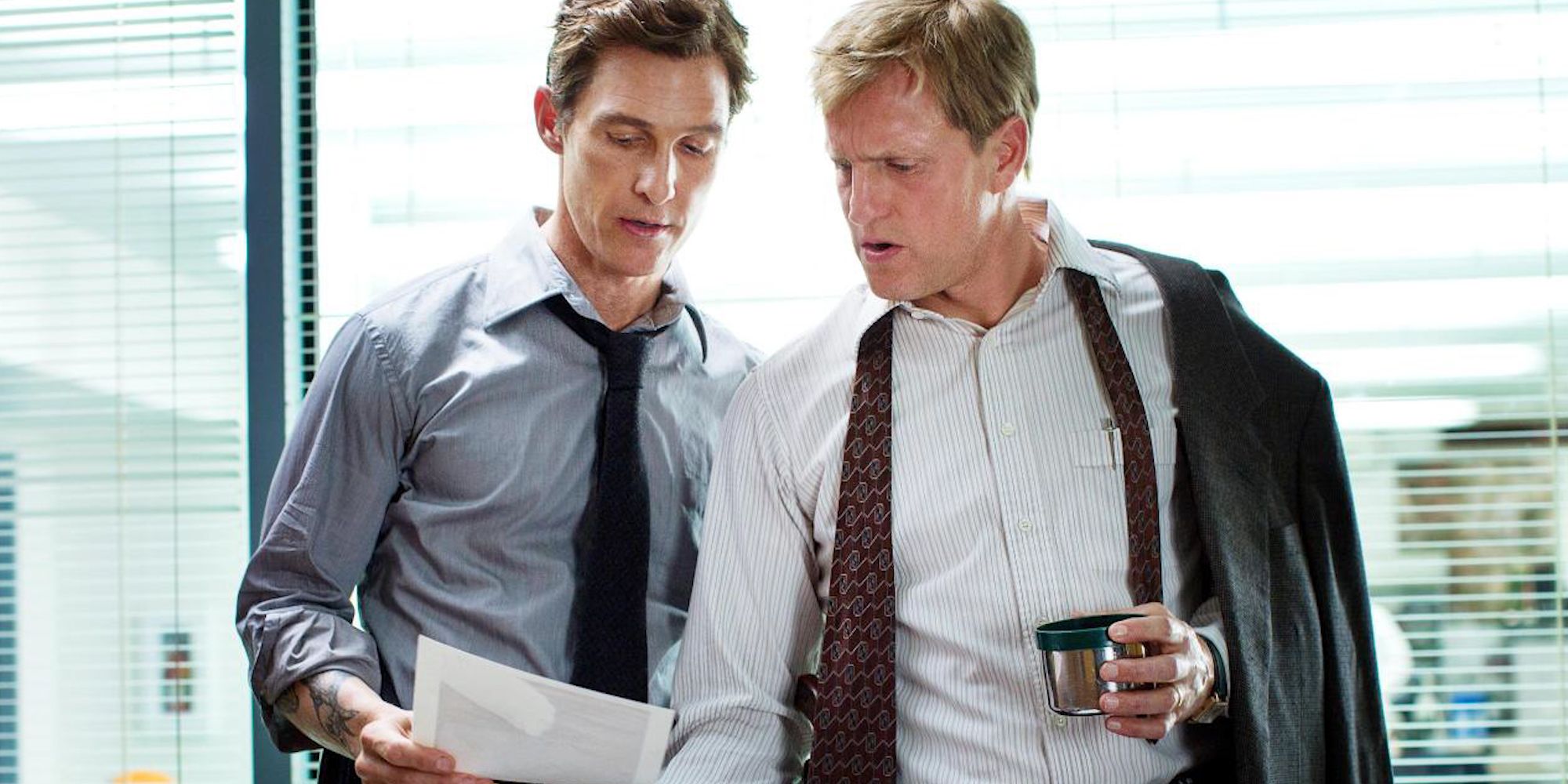
The first season of True Detective features some of the best TV writing of the last two decades, hands down. The most consistently intriguing dialogue goes to Rust Cohle, the nihilistic detective haunted by his and his partner Marty’s (Woody Harrelson) failure to catch a serial killer in the 1990s. Through present-day interviews and past conversations with Marty, the show gradually pieces together Cohle’s complex and deeply pessimistic worldview.
There are times when Cohle seems totally without hope, but this line indicates that he still believes in something, even if it may not be very reassuring. He acknowledges his dark side here, but also implies that he still sees himself as having a purpose. He may not like himself, but lines like these show that he’s motivated by a sense of duty and a feeling that he can do some things to make the world better. They suggest that maybe his bleak philosophy is not entirely empty.
8“He looks half-anaconda, half-great white.” – Nails
Season 2, Episode 3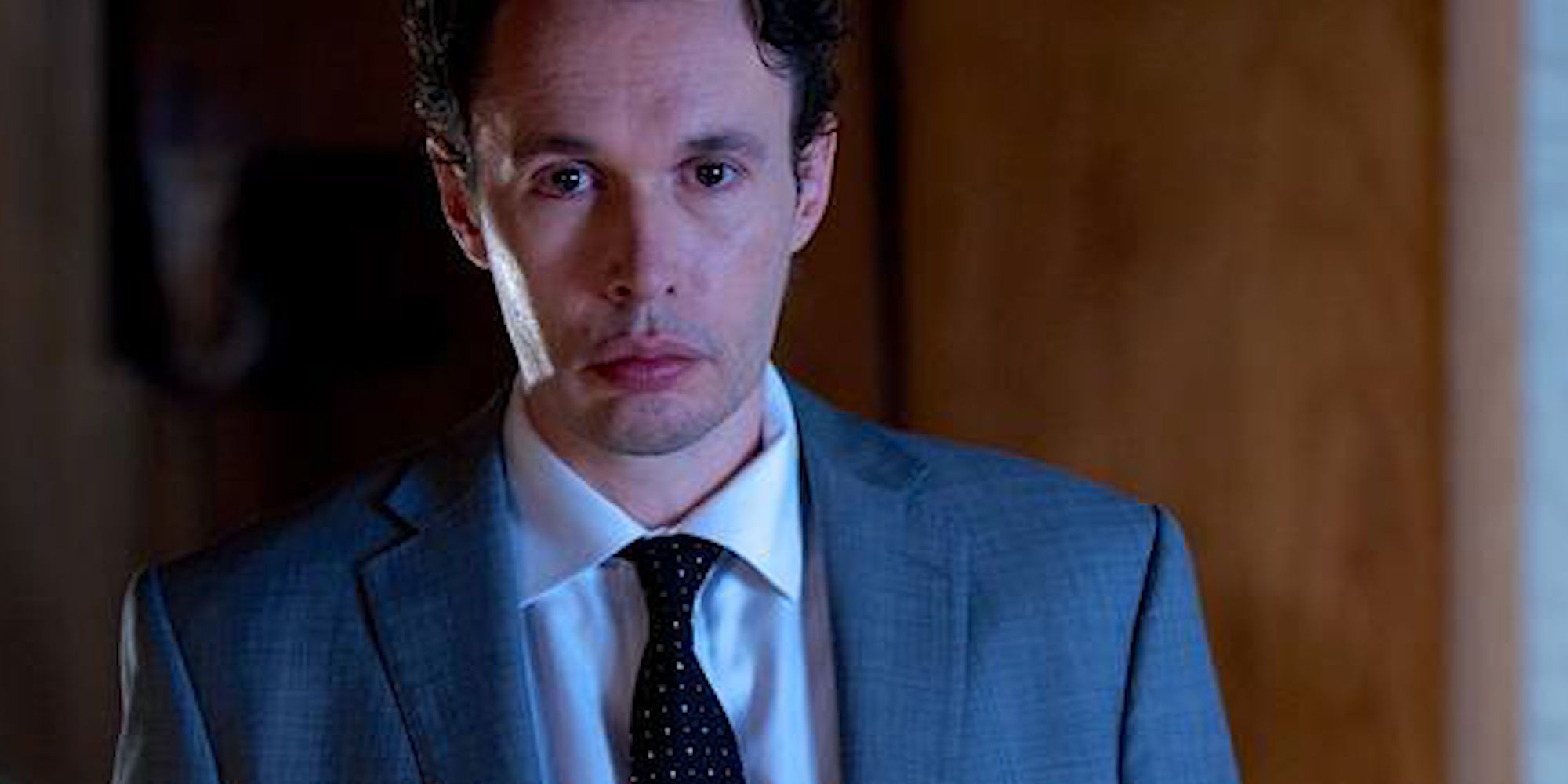
On the more lighthearted end of the spectrum is this line spoken by Season 2 supporting character Nails (Chris Kerson), one of Frank Semyon (Vince Vaughn)’s henchmen. He’s describing Semyon’s rival, Russian businessman Osip Agranov (Timothy V. Murphy). The line sounds like the premise of the latest Sharknado knock-off, but it captures the essence of Osip pretty well. The man is predatory to the core.
Sure, the line is a little silly, but that’s partly the point. Nails is not the brightest character and his choice of words reveals something about him. It’s also just a pretty hardcore phrase, helping to establish how fearsome Osip is. Plus, the line feels like a homage to the heightened dialogue of hardboiled noir, which also often bordered on the absurd. Kerson’s performance adds to the character, making him surprisingly memorable for a bit player. He could’ve been a cardboard cutout but instead, he has presence and feels real.
7“A lost child is a void that echoes backwards and forwards in time.” – Amelia Reardon
Season 3, Episode 6
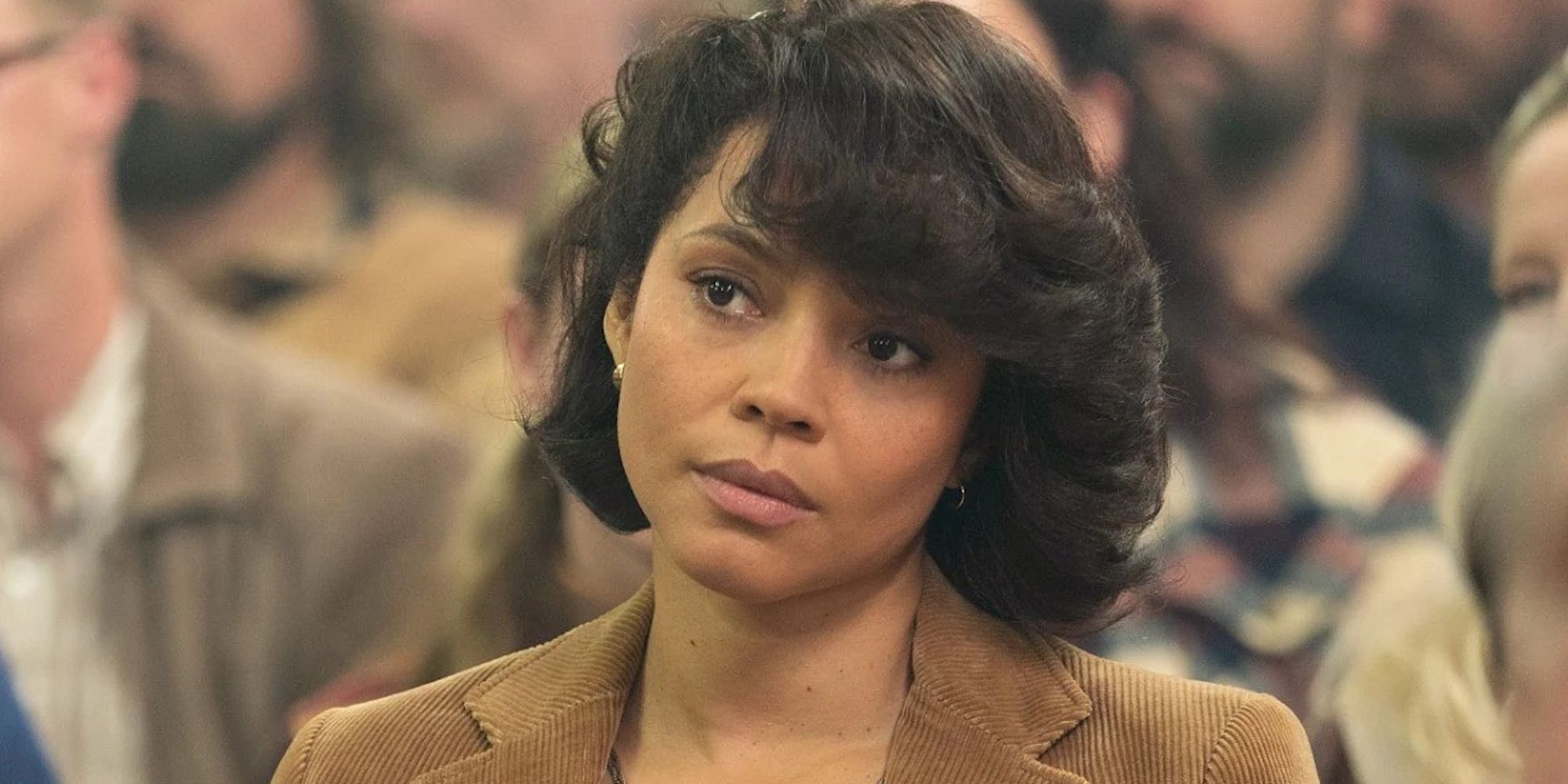 Carmen Ejogo stars in Season 3 alongside Mahershala Ali and Stephen Dorff. She plays Amelia, an Arkansas schoolteacher and writer who eventually marries Ali’s Wayne Hays. We watch their relationship unfold in the past, while in the present day, we are told that Amelia is dead, creating interesting tension. She writes a book about the series’ central mystery: the disappearance of the Purcell children in 1980.
Carmen Ejogo stars in Season 3 alongside Mahershala Ali and Stephen Dorff. She plays Amelia, an Arkansas schoolteacher and writer who eventually marries Ali’s Wayne Hays. We watch their relationship unfold in the past, while in the present day, we are told that Amelia is dead, creating interesting tension. She writes a book about the series’ central mystery: the disappearance of the Purcell children in 1980.
Amelia is deeply familiar with the ordeal of the Purcell parents, who are struggling to cope in the aftermath. As a result, Amelia has a lot to say about the trauma of losing loved ones. We hear this line in voice-over in Episode 6. It captures the high stakes of the case that Hays is working to crack, while also referencing the series’ nonlinear structure (three parallel narratives unfold in 1980, 1990, and 2015, respectively). It’s a beautiful but devastating bit of writing, more like something out of a novel.
6“Y’all made a coward of me. I been terrified since the day you were born.” – Wayne Hays
Season 3, Episode 6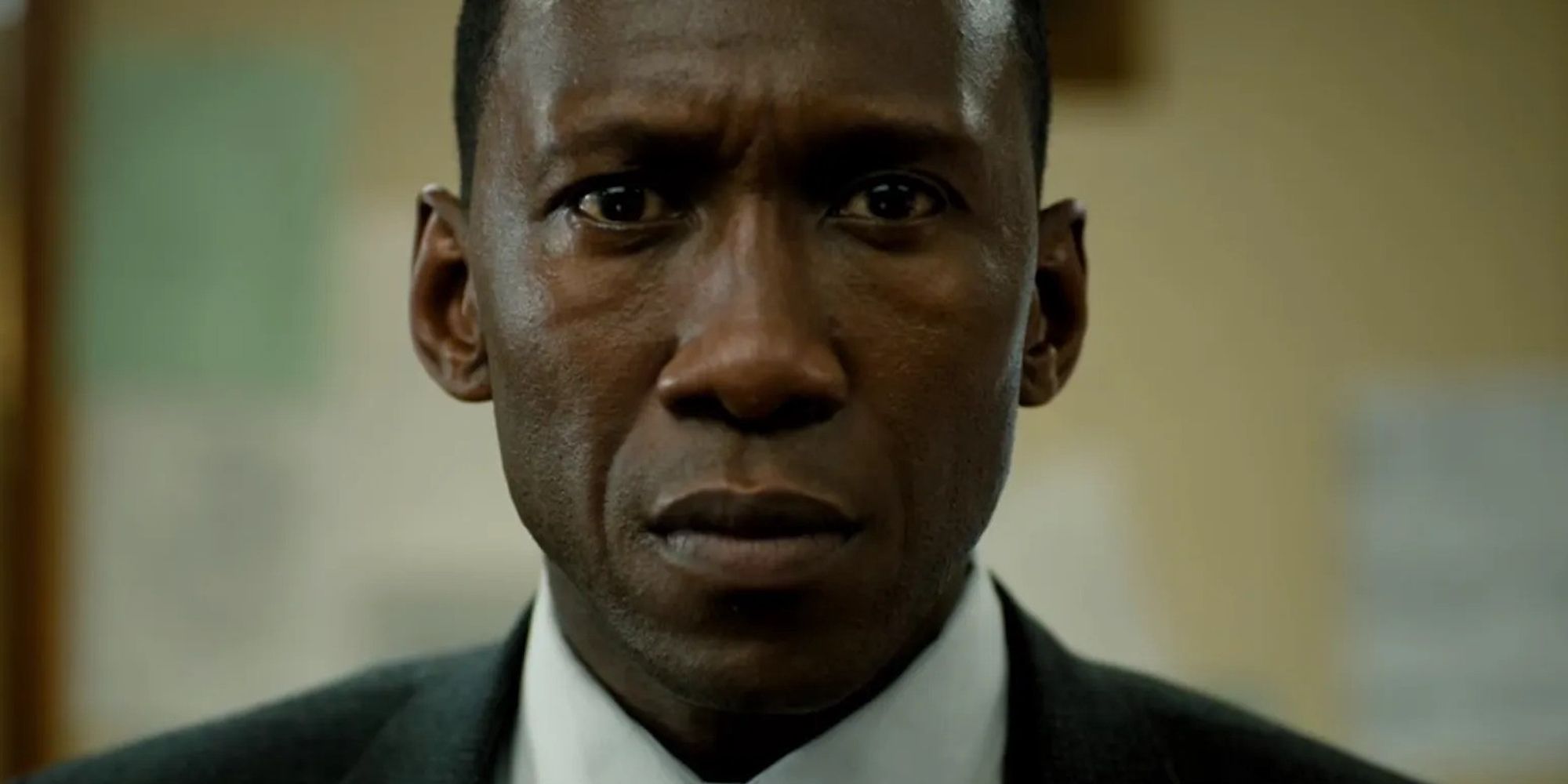
Amelia is not the only one deeply affected by the Purcell case. Her husband Hays, one of the officers investigating the matter, is also forever altered by it. There’s a poignant scene in this episode, set in 2015, where Hays has a heart-to-heart with his son Henry (Ray Fisher). It begins with Hays confronting his son about an affair but ends with him telling his son not to hold anything back.
He also reveals some of the ways that parenthood has changed him, particularly the way it has made him afraid. While he may not have cared much for his own well-being, having loved ones to protect has made him petrified. Any harm to them would destroy him. The whole scene is well-written, with Hays also joking with his son after he asks how he knew about the affair: “I’m still your daddy, boy. In addition, I was once a fair to middling detective.” “I wasn’t a fearful man. I did things some people even called brave,” he adds later, hinting at his years in Vietnam as a tracker.
5“My life’s been a circle of violence and degradation long as I can remember. I’m ready to tie it off.” – Rust Cohle
Season 1, Episode 3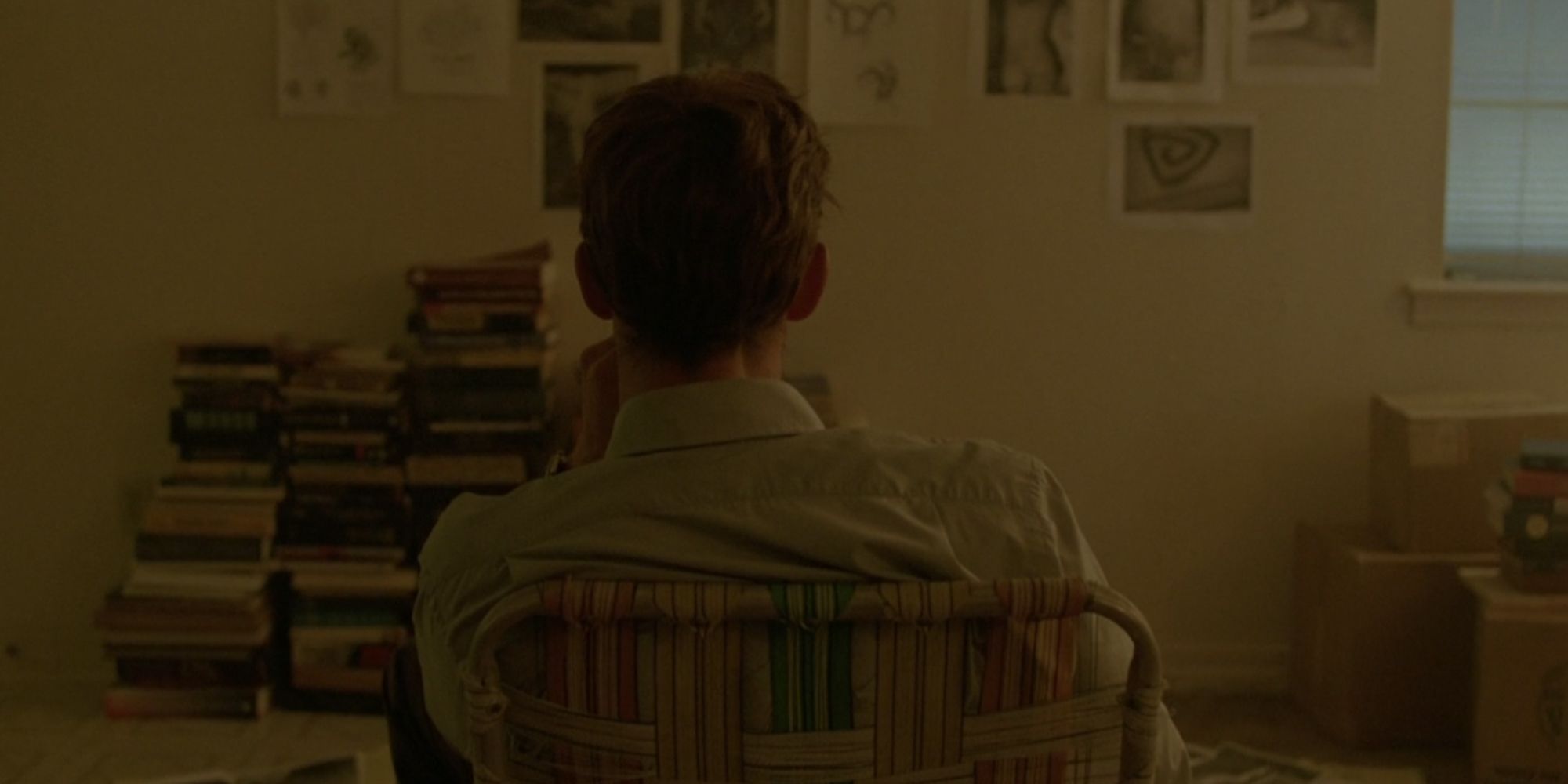
Rust Cohle has so many mesmerizing lines that it’s hard to pick just a handful, but this one deserves consideration just for how vulnerable and brutal it is. Indeed, ‘Circle of Violence and Degradation’ sounds like the most hardcore heavy metal band. Here, Rust is honestly sharing how traumatic and difficult his existence has been. It’s also sharply ambiguous, leaving it unclear whether he’s ending the circle by being better, or by ending his life altogether.
Most of all, Cohle is intriguing in the way he has responded to the loss and abuse he has suffered throughout his life. He’s definitely damaged and cynical, but he at least is not a monster like the criminals he pursues. Perhaps he’s not even as irredeemable as he seems to think. The darkness is still there, though, and it’s at its scariest when it is unleashed upon those who don’t truly deserve it.
4“For we do not know what beasts the night dreams when its hours grow too long for even God to be awake.” – Hildred Castaigne
Season 4, Episode 1
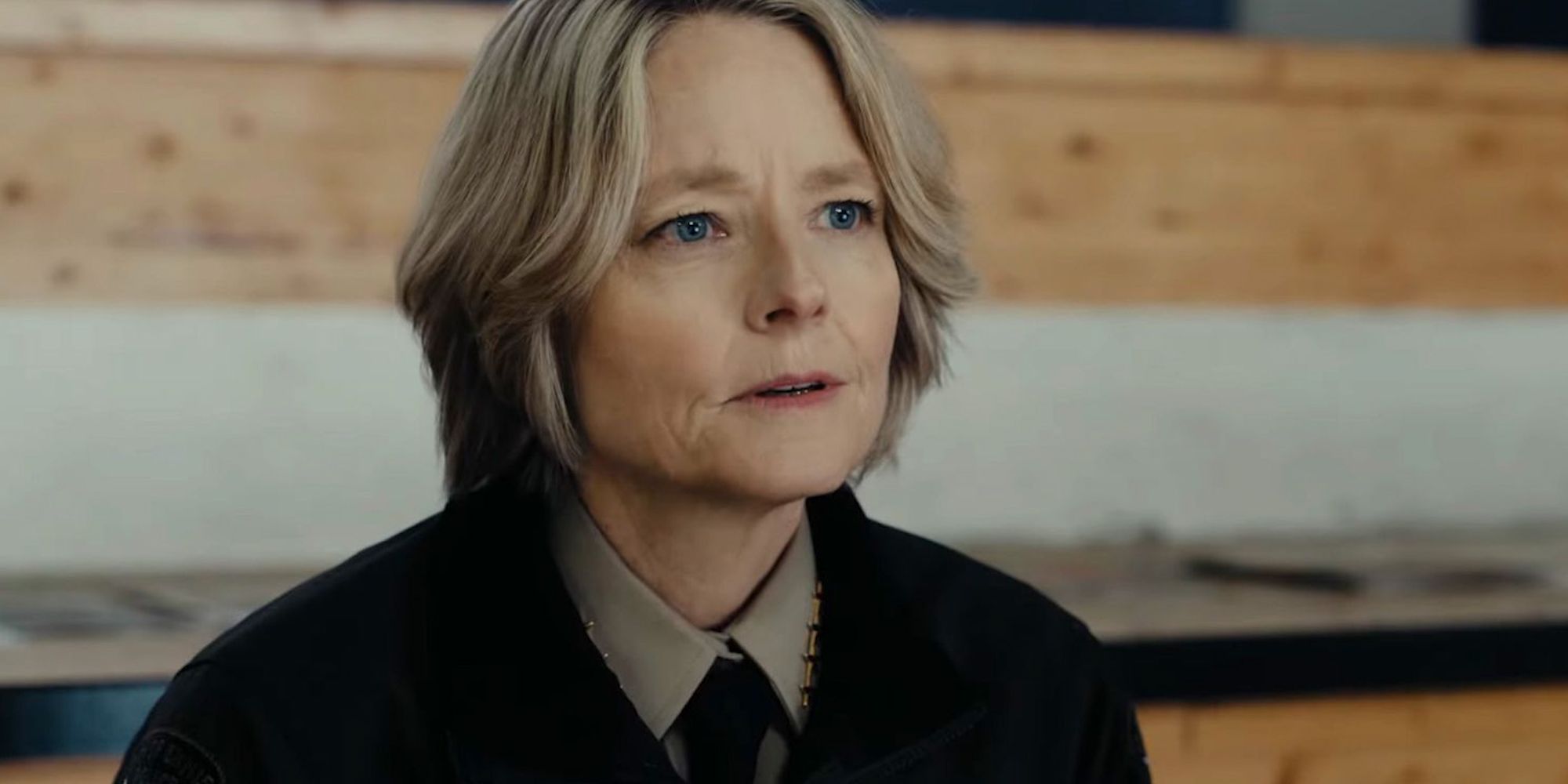
This line, for instance, comes from the quote that opens the season, attributed to Hildred Castaigne, a character from one of the short stories that inspired Season 1. The quote is a great thesis statement for the wintry fourth season, which returns again and again to questions of faith, morality, and isolation. It sees Jodie Foster taking over as the detective protagonist, a role she nails. Overall, it makes for a fine, revisionist take on the show’s fundamentals, taking it in new directions while still paying tribute to its origins.
3“We’re alone. God, too.” – Evangeline Navarro
Season 4, Episode 1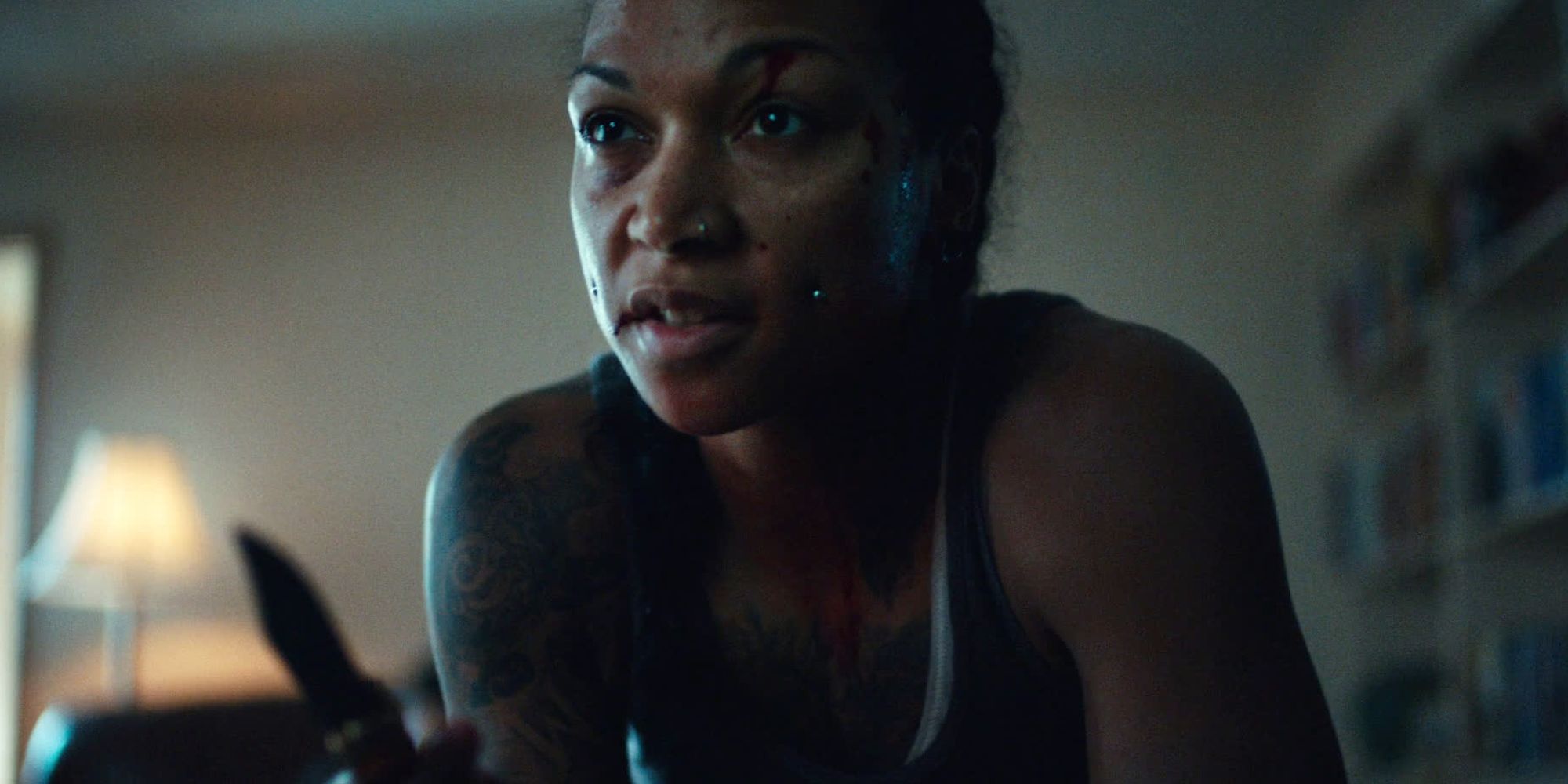
This line is a great companion to the season’s opening quote. It is spoken by Trooper Evangeline Navarro (Kali Reis), who becomes Chief Liz Danvers’s (Foster) chief ally in investigating the season’s central murders. The line is all the more interesting because Navarro says it just after confessing that she is a believer (uncommon for a True Detective character). Her faith is clearly an idiosyncratic, disillusioned one: she expects no divine intervention.
In other words, she hints that the God she believes in is not a caring, loving figure, but an austere, remote, and judgmental one. This is much more in keeping with the show’s central philosophy. But what takes the line from good to great is her claim that God Himself is also alone. This is a fascinating suggestion, recalling Rust Cohle at his most cryptic. Perhaps she means that humankind is now so fallen that we can’t offer the Creator any comfort either. Heavy stuff.
2“I think human consciousness is a tragic misstep in human evolution.” Rust Cohle
Season 1, Episode 1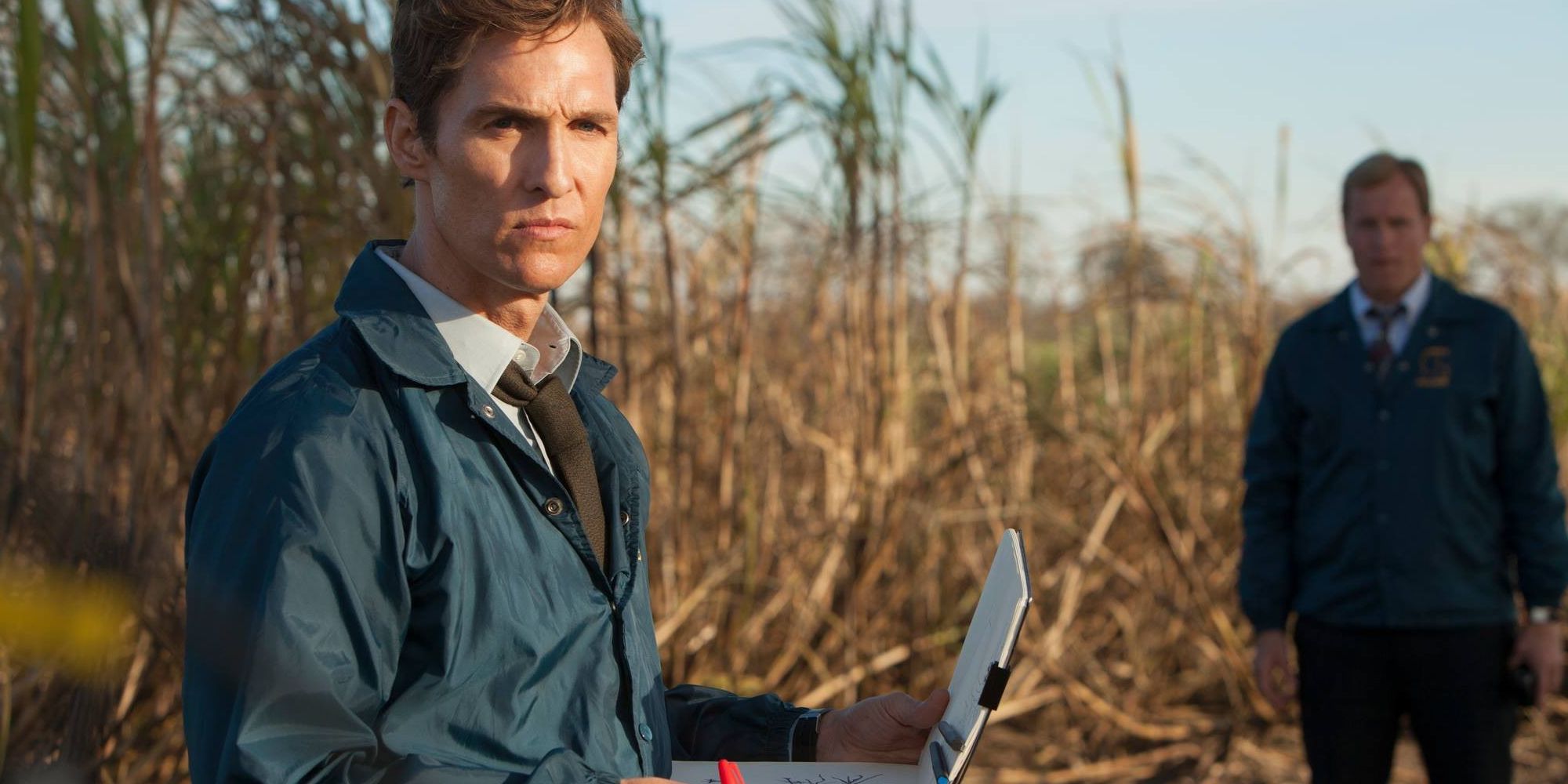
Rust Cohle strikes again, this time with his offbeat perspective on human evolution. Self-consciousness and self-awareness are often cited as gifts, the ultimate hallmark of what it means to be human. But Cohle dismisses them, seeing the human condition as purely one of pain and confusion. He is envious of animals and their ignorant bliss.
He’s not alone in thinking this way. Various philosophies and religious traditions talk about the suffering that comes with being self-aware. The Biblical story of Genesis, for example, portrays Adam and Eve’s eating of the fruit of knowledge as a fall from paradise. Not many crime shows explore territory like this, however. One wouldn’t imagine characters on NCIS having this kind of conversation. It’s a testament to Pizzolatto’s skill as a writer that he’s able to dig into such meaty ideas without coming across as cheesy or overblown. It’s further proof that he really was firing on all cylinders with Season 1, aided by Cary Joji Fukunaga’s assured direction.
1“This is a world where nothing is solved. Someone once told me, ‘Time is a flat circle.” – Rust Cohle
Season 1, Episode 5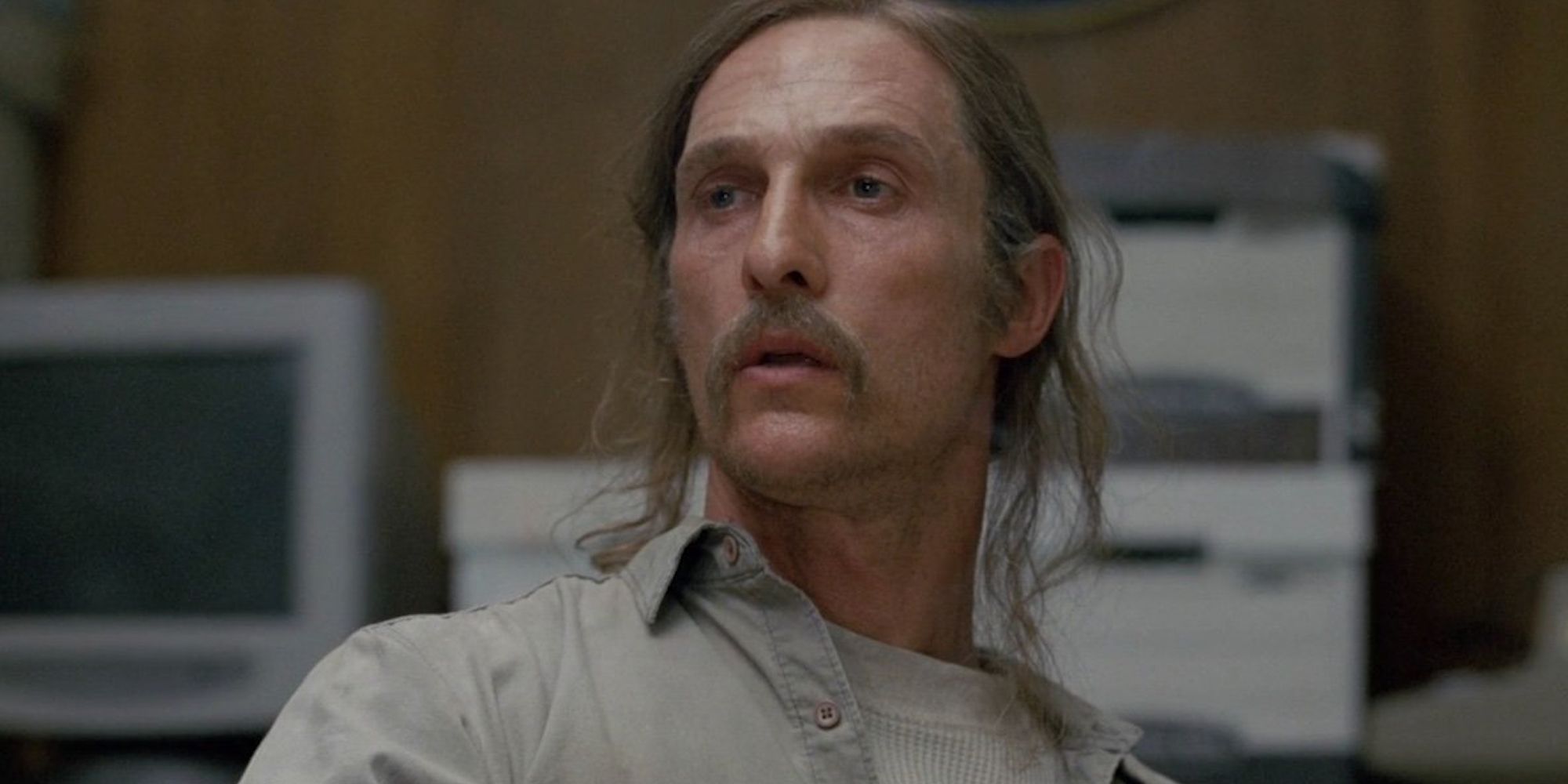
Rust Cohle’s ‘time is a flat circle’ line is the show’s most iconic one, which quickly became a fan favorite and, later, an Internet meme. It frankly just sounds cool, while also neatly summing up the season’s time-jumping structure. But it also speaks to Cohle’s deeply pessimistic worldview. He sees change as impossible. People can’t improve; instead, they are doomed to repeat the past. We see this dynamic play out with both him and Marty, though in differing ways.
Once again, the writing here is philosophically sophisticated. In fact, Cohle’s line actually comes from work by philosopher Friedrich Nietzsche. He spoke of “eternal recurrence”: the time that, over an infinite span of time, everything will repeat itself, including our own individual lives. This mind-warping bit of dialogue is thus emblematic of what makes True Detective’s best moments so good. The show reinvigorates noir, crime, and mystery tropes by featuring unusually realistic and broken characters. Rather than pursuing cheap thrills, it delves deep into its protagonists’ psychology.
